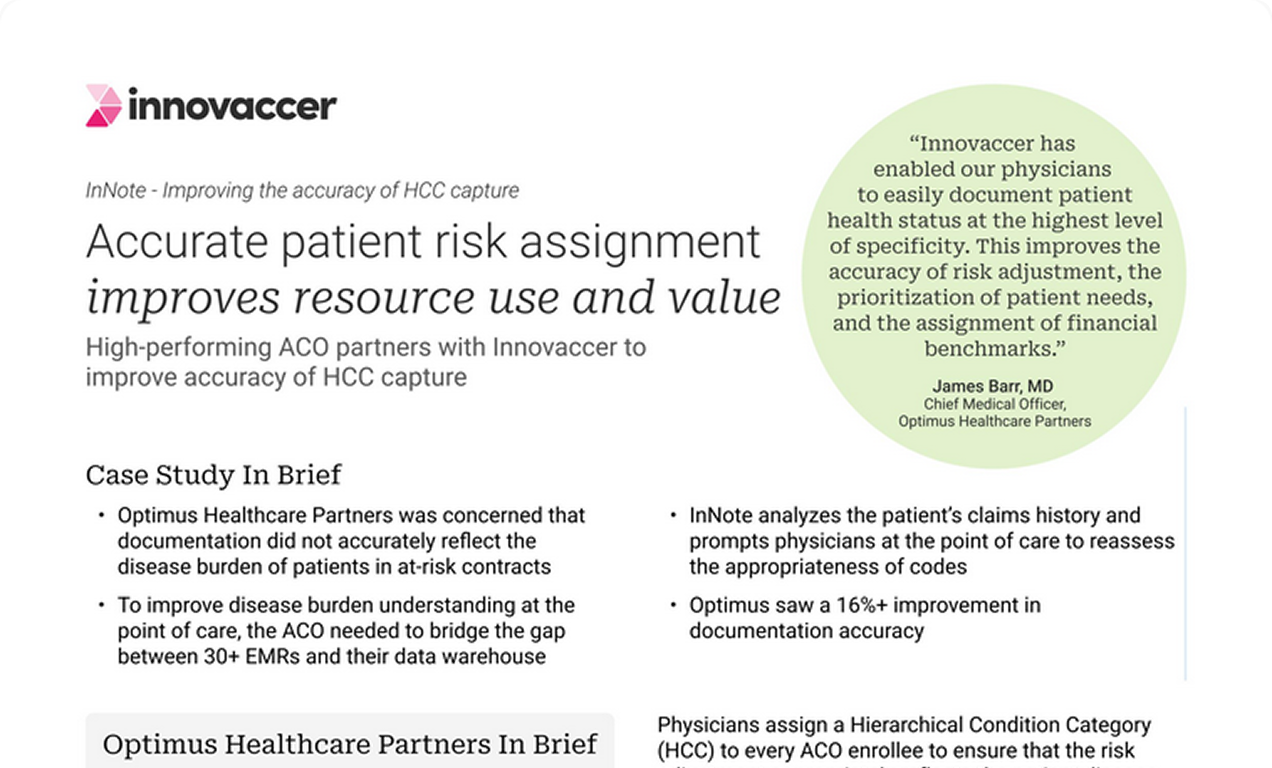The Role of Independent Physician Association in Revolutionizing Healthcare

Over the past decades, healthcare has witnessed many trends, and a major one of those has been the movement of physicians from solo and independent practice models towards employed practice models, group practices, and Accountable Care Organizations (ACOs). However, there are many U.S. physicians that prefer to work in small practices: a study revealed that up until 2008, one-third of all physicians were solo practitioners, or have banded together to form Independent Practice Associations, or IPAs.
What is an Independent Practice Association?
A concept originating from the western United States, Independent physician associations are physician-led associations which negotiate physician reimbursement with insurance companies and aim to reduce overhead ventures on behalf of physicians. Specifically, IPAs focus on overhauling care delivery and introducing benefits in physician networks.
Advantages of an IPA
Independent practice associations offer many advantages and benefits that physicians consider, including risk reduction and cost-sharing. Some major benefits are:
- Greater negotiating leverage with insurance companies and private payors.
- Reduced redundancies in office record management, EMRs, compliance records, and care management.
- Ability to maintain independence while simultaneously benefitting from administrative support.
- Option to convert to an ACO in the near future with lowered risks and greater stability.
- Optimized administrative and technological facilities.
- Enhanced services including extended hours, urgent care, outreach services, and follow-ups.
How are IPAs revolutionizing the landscape of healthcare?
More often than not, IPAs emerged as coordinated care systems that were slightly larger in scale than small/solo practices, but they have gone beyond being a contracting entity and have come on the frontlines as supportive organizations that bring the required infrastructure to small practices so they can be a part of the changing landscape. Here’s how the role of IPAs has changed over the years:
- IPAs align physicians to achieve a wide variety of goals, from delivering comprehensive care to improving the quality of care.
- IPAs are formed with the collaboration of a diverse group of physicians and specialists in a community and devise a way to link the communications between the patient and doctor.
- Since IPAs flourish under risk-bearing arrangements, they can easily step up to becoming an ACO incorporating shared savings.
- Providing coordinated care being the primary focus of IPAs, a significant opportunity for care management services, followed by better outcomes have been created.
- Many associations have lately started deploying healthcare IT to improve their performance, facilitate authorizations, network referrals, utilization management, and care management.
According to a study conducted over 1,164 practices with 20 or fewer physicians, physicians participating in IPAs provided about three times as many care management services for their patients with more than one chronic conditions as compared to non-participating practices: 10.45% over 3.85%!
IPAs guiding healthcare into a better tomorrow
Healthcare and practices models change rapidly, and they will continue to change and evolve over time. New models and solutions will arise, and independent practice is far from obsolete. In the era where major changes are occurring in how healthcare is delivered and paid for, IPAs may be successful in providing a viable alternative to value-based care. Where providers are looking for ways to comfortably pass through billings, incentives, reimbursements, and overlooking quality in healthcare, IPAs may be the perfect shelter, offering better quality, better revenues, and better health outcomes.
For more updates , Subscribe
If you want to see our efforts in the area , schedule a quick demo


.png)






.avif)









.svg)
.svg)

.svg)

